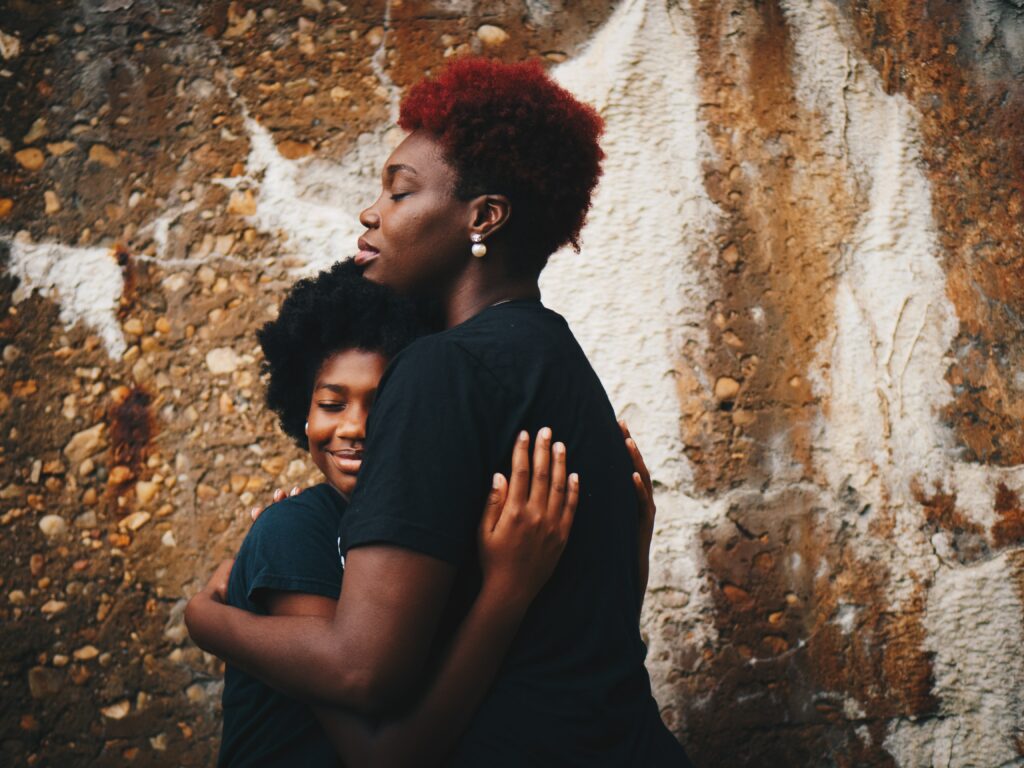Think back to when you were younger. Many of us can think of times when adults in our lives attempted to support us. Perhaps with mixed results. It seems the language of the young rarely translates the intent of the elder. It can be hard to comprehend what life experience has taught, merely by words and explanations.
What we can also remember is the power of the people in our lives that truly listened and believed in us. When I work with “outcomes”, or how a person bounces back from extreme difficulty, there is clearly a connection between a sense of support and the ability to find our way. Just one person can be the difference. Let’s talk about things that help us compete with the friendships, the bad online advice, or just the distortion and interference of being in adolescence.
Creating space in your life for them. Hopefully we all have that person who answers our calls. The one that texts back even if it’s late, or about nothing. The person who lets us know that they value spending time together and make themselves available. This does not happen by chance. With the given burden of daily life, to have a relationship means investing in that in small and consistent ways. It’s important not to under-estimate the power of “checking in” on good days and ultimately the bad days.
Making space also means creating what we call “cognitive space” or space in your head. Remembering little things that are important to that person are also impactful. Gottman Institute found that a lack of cognitive space, whether due to lack of true attention or just not caring to remember, was a predictor of relationship outcomes.
While different people may appreciate different expressions of being remembered, this is another valuable relationship skill that gives depth and meaning to what could otherwise become a distant relationship.
Enjoying and recognizing their strengths. This follows directly from our time spent with a person, the listening we are willing to do and the ability to look for positive in another person. Often family or friends find themselves caught on differing opinions, politics, or even struggling to agree on activities that everyone enjoys. This is a combination of expressing positive feelings and being willing to purposefully look for common ground and things we appreciate.
When we are caught in our own to-dos, goals and life stresses, we often forget that relationships are really just about enjoying another person. Letting go of the tasks, the hot (read ‘touchy’) topics and just remembering why that person is important to you.
Giving compliments, thanking people for sharing their thoughts and time—these are considerations we might be deliberate about when we are building a relationship. Long-time family and friends deserve the same. It might feel contrived at first, but it is amazing how easy it can become when we how it can impact the relationship and the person we care about.
Express love before opinion, cancel the criticism. While certain relationships are rich with generational wisdom or sharing important life experience, advice and input is valued coming from people who have invested in us. Input and persuasion is definitely an art, one that must be genuine to be effective. Often the “mode” of operating, or the time for most interactions is when something goes wrong. This starts to create a negative tone to the relationship. Ensure that you’re present for more than the course-corrections.
If nothing else, remember that being human, being present and being safe– they are important, rare and therefore incredibly valuable. They speak to the core of peoples needs, no matter the age. Choosing to live in a more patient place, we grow also. Maybe there isn’t much that time can’t fix, quality time that is.







